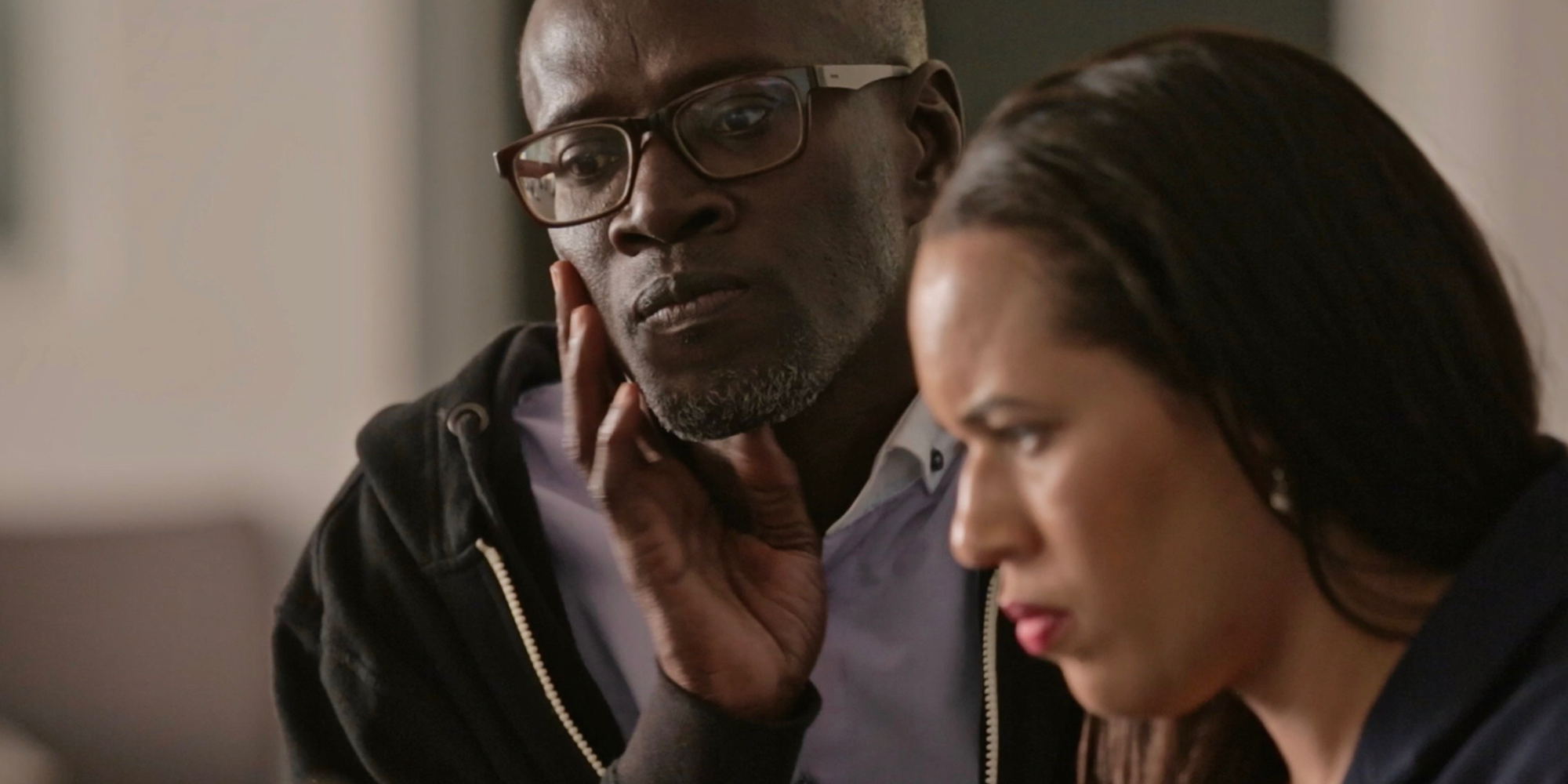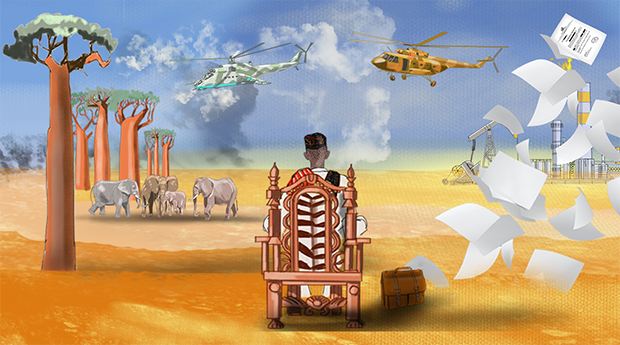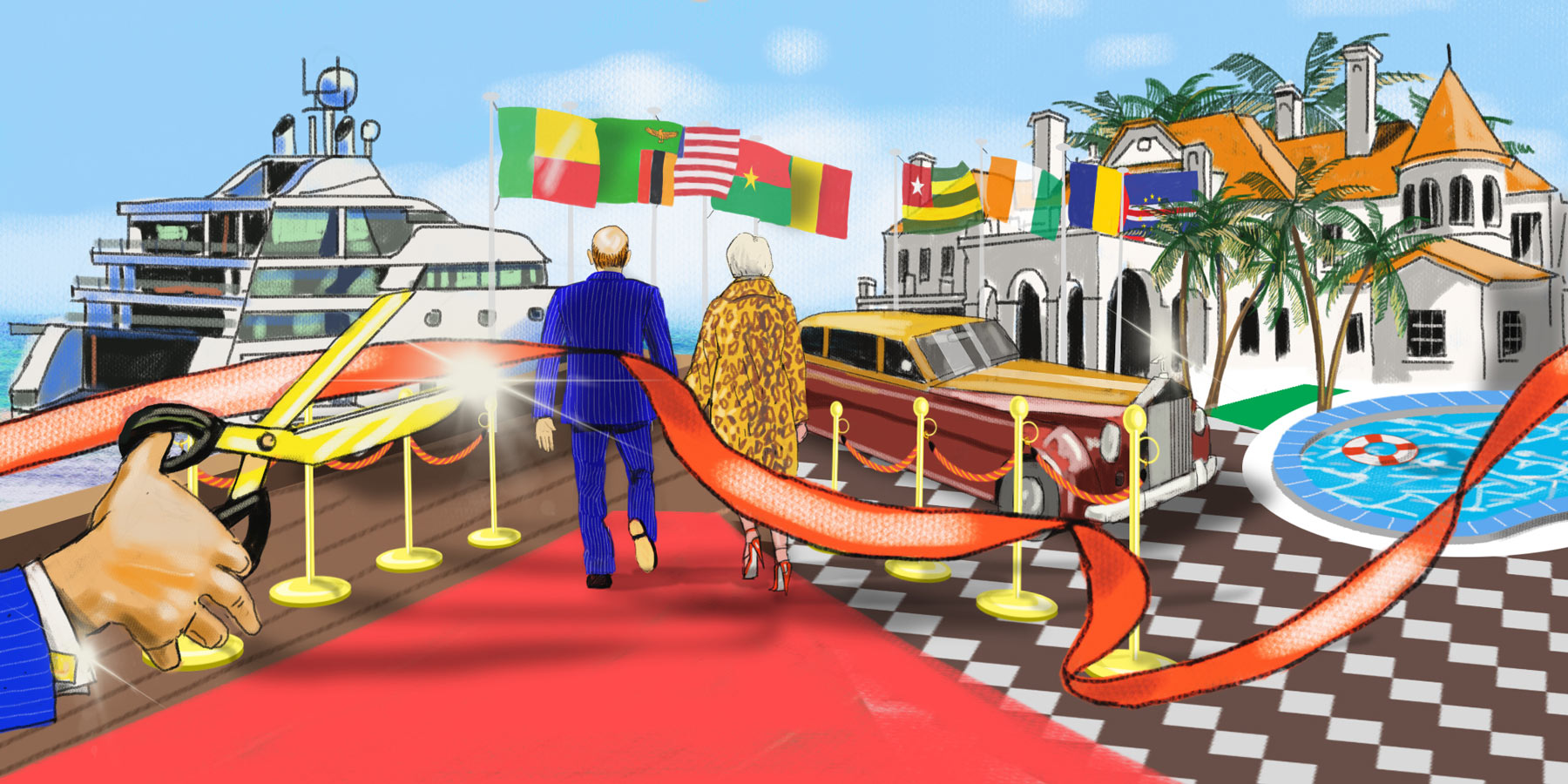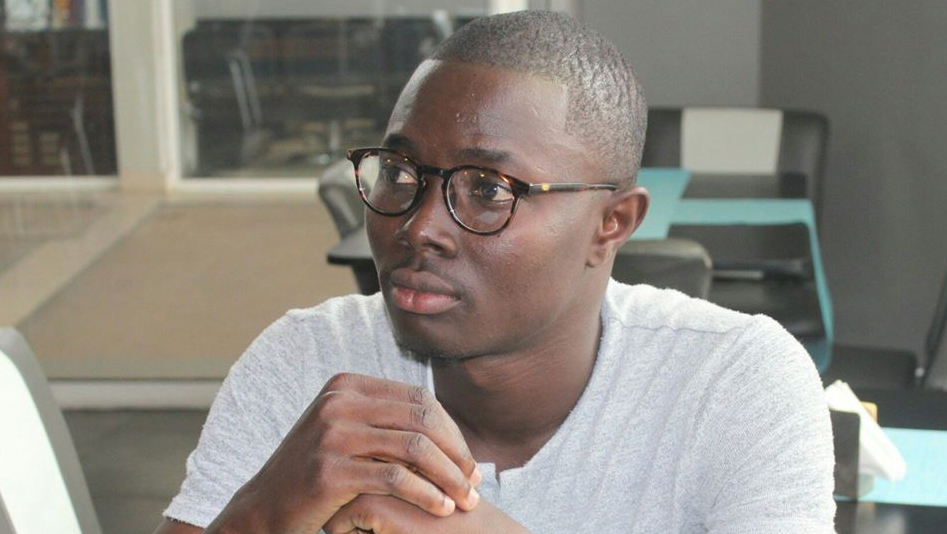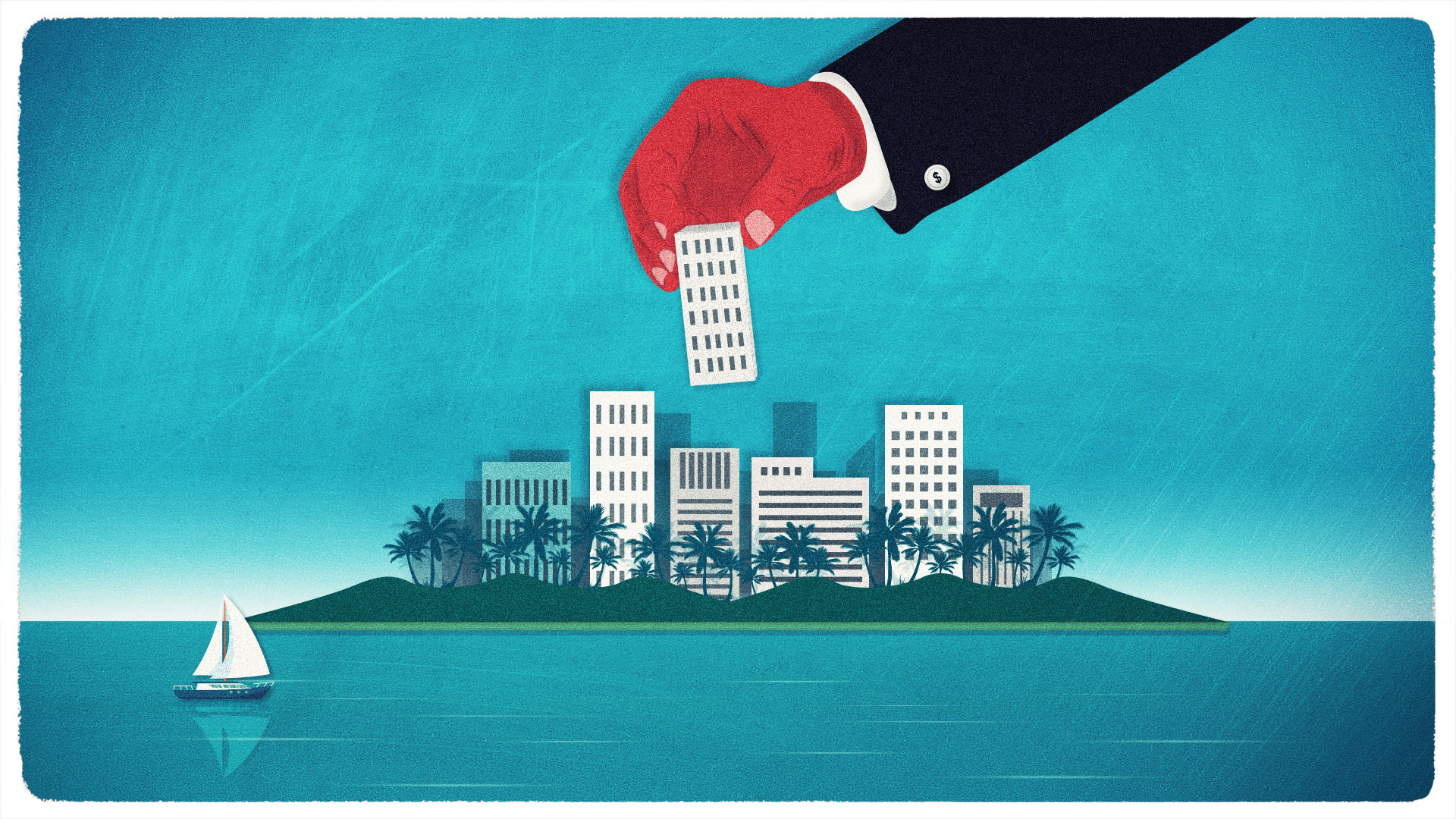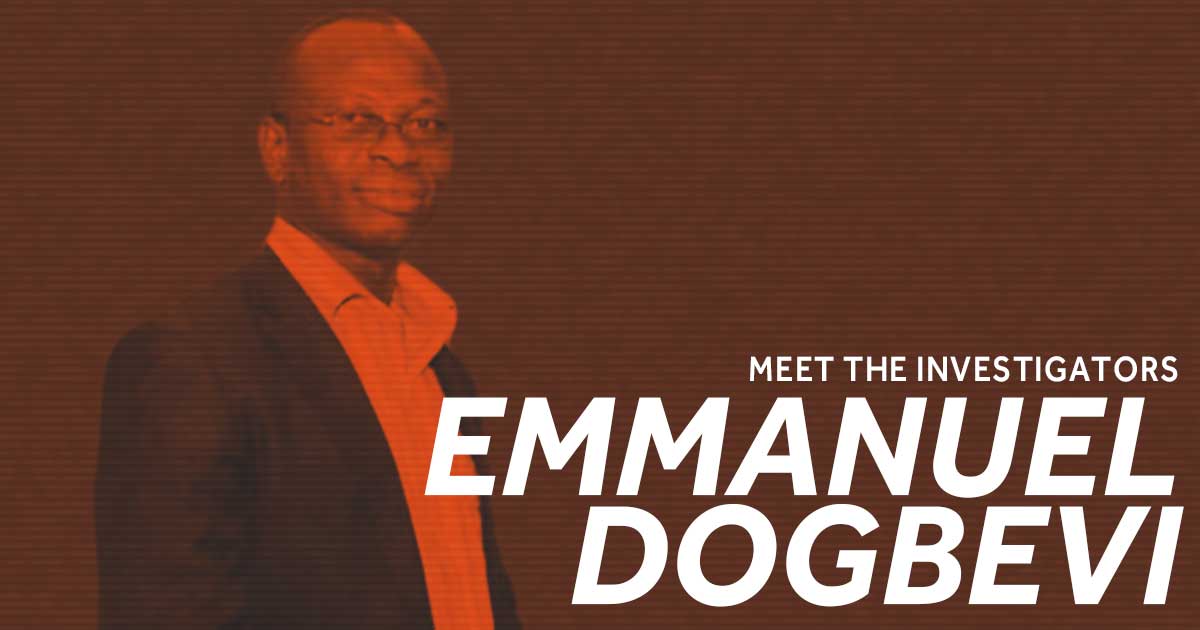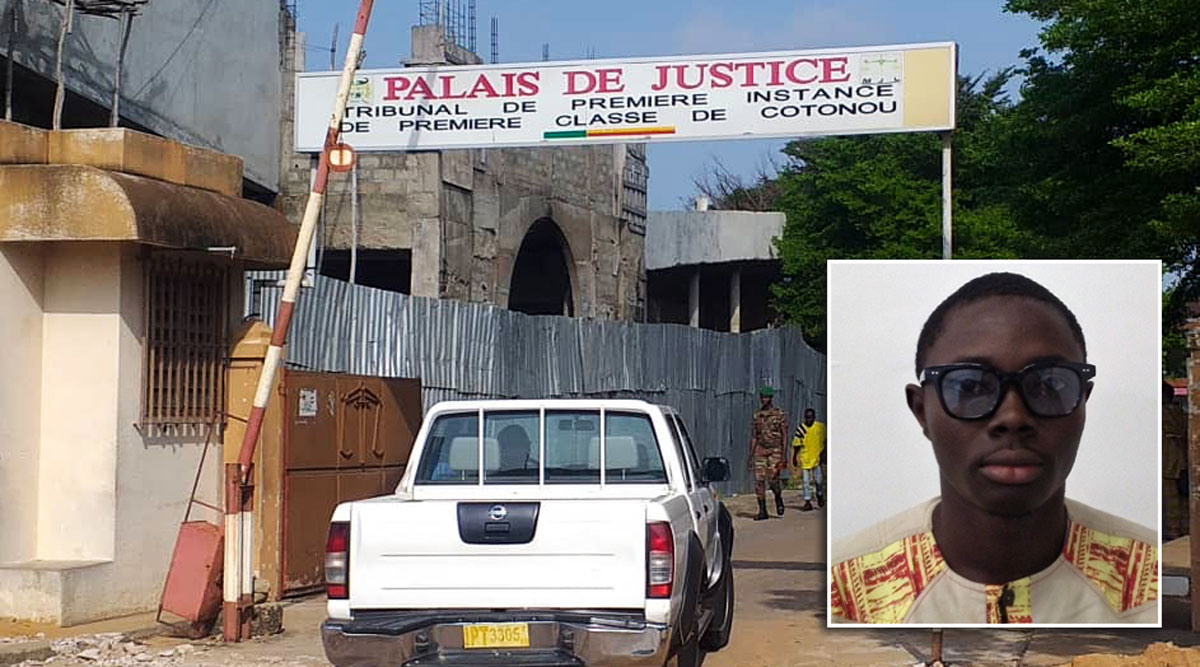West Africa Leaks is a collaboration of 13 journalists from 11 countries, the International Consortium of Investigative Journalists and Cenozo.
Many of these journalists face tough conditions, including legal threats, commercial pressure and technology constraints. But their will to unearth and report on some of the region’s biggest issues is indisputable.
Ahead of West Africa Leaks we spoke with some these journalists about what life as an investigative journalists is like and the challenges (and benefits) of the job.
Meet some of the reporters who we worked with on #WestAfricaLeaks pic.twitter.com/XT8zd65xz3
— ICIJ (@ICIJorg) May 22, 2018
Moussa Aksar, managing director, L’Evenement (Niger)
Question: What is life like for an investigative journalist in Niger?
Answer: We work in a difficult time.
We have people who believe in us, good citizens who believe in what we do, but we are the enemies of our leaders.
And so, every day, we are persecuted, it must be said. They use legal means and they try, very often, to discredit us.
But what I have to say is, honestly, and you will see it with your own eyes, is that ICIJ, which wasn’t known in West Africa before, is today known in Niger – people know what it is.
The average citizen, the poor man in the street, who has his money stolen by the government, we have seen, even in the street, they respect us, and they respect the work we do.
Even though we don’t have much security and even if we don’t have all the means we need to do our jobs, we are committed to holding the powerful to account.
Emmanuel Dogbevi, owner and managing editor, Ghana Business News (Ghana)
Q: You bring some special skills to this reporting, don’t you?
I think to some extent you’re right. I haven’t come across any investigative journalists who focuses on finance and business in the way that I do. And that’s because of my skills. There aren’t’ many training for journalists…
My experience also counts, the fact I’ve been practicing for many years… for 28 years… and each year gets more exciting for me. I never get tired of work.

Sandrine Sawadogo, L’Economiste du Faso, (Burkina Faso)
Q: What is life like for an investigative journalist in Niger?
Answer: I hope that this investigation we created here in West Africa will continue. It’s very important for us as investigative journalists to work together, to be sure that our article can be taken up.
I know, for example, that if I can’t publish my article in my own country that I can have it published in another country through a colleague.
Question: What does it mean to be producing this work in Africa?
We should be aware as well for this West African project, for one of the first times or for one of the rare times, it isn’t us selling or sending our articles outside Africa.
Ignace Sossou, reporter, Benin Web TV (Benin)
Q: What is the situation for investigative journalism in Benin?
Answer: Investigative journalism isn’t terribly well developed in Benin.
Because the press here is more in a mindset of daily news. But there are journalists who are interested in investigative journalism, especially when it comes to environment, good governance and other subjects. The real challenge for investigative journalism in Benin, as I said before, is money.
When you’re a journalist, you’re doing daily news. You have a regular job. An investigative project can take three months without being paid. Who will pay for those three months?
The boss of a newspaper will resist hiring a journalist who only does investigations. They’ll say ‘We prefer someone who does daily news and who from time to time does investigations.’
So that means that when you are working on an investigation, you don’t have the time to dig, to really get to the bottom of the subject.
Q: What are you expecting from your first ICIJ collaboration?
A: What I’m hoping for from this collaboration is to go beyond my limits. Because ICIJ has a database that is not usually available to journalists in Benin. So in that database, nobody know what we will find about Benin.
And if, ultimately, we can say, ‘OK, that won’t have any outcome in the courts, but it will allow us to publish subjects that attract the public’s attention about trafficking, tax evasion, tax fraud.’
